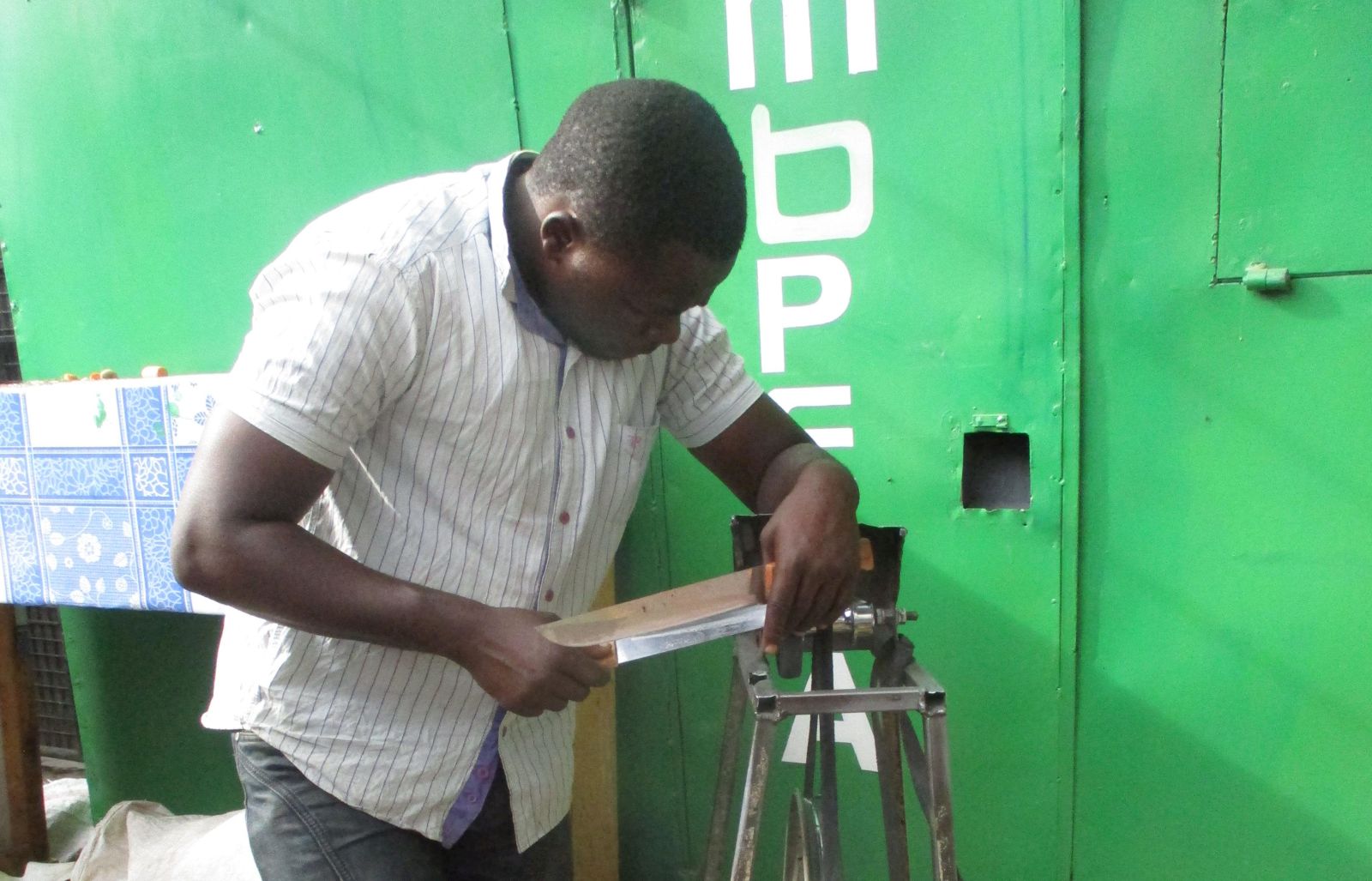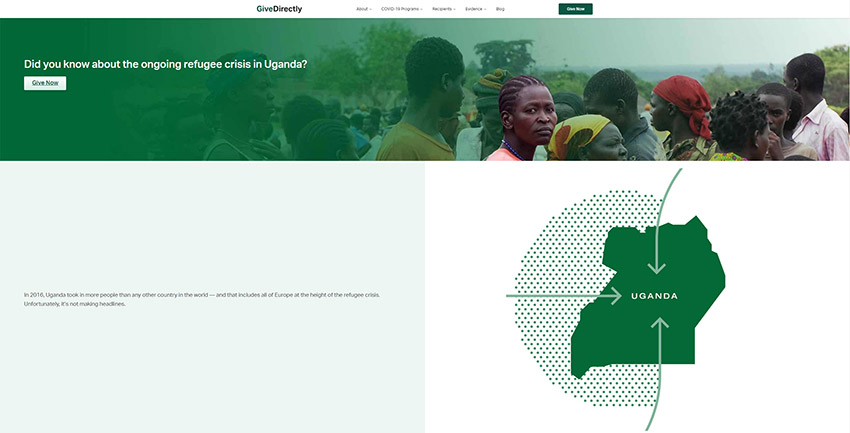Development agencies
Learning from other countries

In 2002, the Swedish government established an ICT4D secretariat. It was designed to help SIDA, the Swedish International Development Cooperation Agency, to mainstream digital technology in its projects. The approach worked well for the field units, but the link to the headquarters was missing, so the leadership did not see the benefits. Ultimately, the secretariat model was declared a failure. This experience holds important lessons for other government agencies pondering how to tackle digitalisation in an institutional manner.
Today, SIDA employs various ICT4D experts, both at the headquarters in Stockholm and the country offices. In response to increased demand from partner countries, several Swedish embassies are also addressing the topic. This approach is particularly interesting for institutions with decentralised management. Employing ICT4D experts, however, does not exempt an organisation from the obligation to strengthen basic digital skills and promote an understanding of the risks and benefits among its staff.
Britain’s Department for International Development (DFID) has similarly implemented a comprehensive digital strategy in recent years. Among other things, it ensures that all procedures – from internal ones to interactions with partners and field projects – are digital by default. Analogue processes are only used if they manifestly help to achieve a project’s objective; otherwise, digital approaches are preferred. When designing new services and programmes, DFID is guided by principles that emphasise the need for efficiency and user-friendliness. As a result, DFID has developed platforms such as the Funding Finder, which makes it much easier for partners to find suitable support funds.
Staff has also been encouraged to adopt a more proactive approach to social media in order to become more visible to partners. DFID understands the relevance of Twitter and similar services for exchange between the state and citizens. Apart from that, the UK – like Sweden, Canada and the United States – is implementing an “open by default” strategy. Expenditures and projects are published on a web platform so anyone can take a look and compare things (also see main article).












